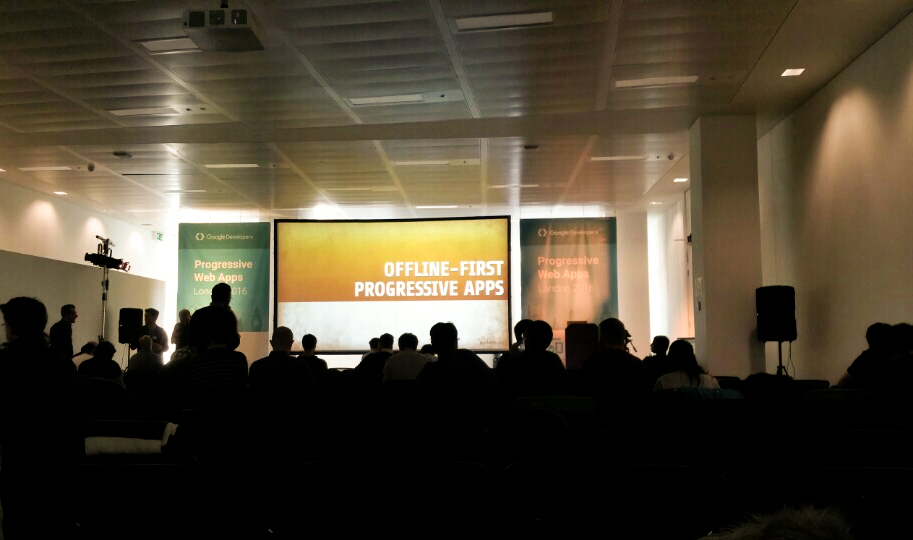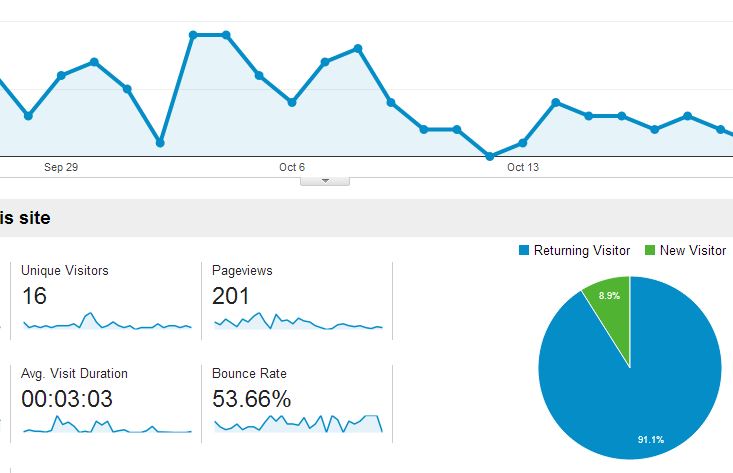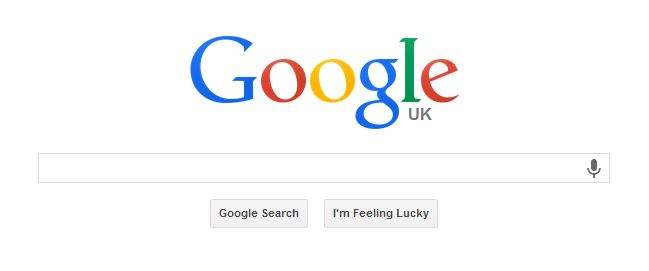It seems a good time to have a few words about Product specification and just as important product completion.

There are many issues we could discuss about Products and the variations on that theme. So just a few thoughts might be useful.
The first and obvious way to avoid risk is to make sure a product is complete. But moving close to this is the topic of what is a Product? Taking an apparently simple approach we might first consider what we see around us, namely Supermarkets.
Looking at this in a deliberately simple way we might say their product is food or plants or clothes etc., no need to go the whole range of what they sell. But are these the real or whole meaning of Product? Thinking in a vertical way we may be saying that we well understand what they sell. There is a drawback to vertical thinking on this point, at some time, if not most times the competition demands a form of price war, built maybe around special offers etc. or some kind of discount or a volume deal that can have many meanings to stock control and supplier situations, a whole big topic that I don’t touch in these few notes.
But what is the possible situation in regard to a Product if we apply some lateral thinking? At first glance we might start to see the supermarket Product is the feeling of confidence that a person feels when the think about the store or when they are in it. We can expand this in many ways, another might be the product is the feeling of being more peaceful because of the ease of parking, it might be a feeling of being more confident that their limited cash can cover what they think they need. So we could continue this and get to the point where maybe the customer is more comfortable there due to the kind of folks who they see shopping there. So what is a Product? I chose not to define this, but leave you to think about it in a Lateral way.
Well it is easy to just catch a glimpse of what a product really is, it can of course have a number of definitions. But at a glance I have moved the discussion on what product a superstore offers away from the more apparent product of food etc. Why take a lateral view of what is the product, well it gives space for another kind of differentiation in terms of competition and allows the supermarket another world of attracting customers, other than a simple price war. I don’t pretend for one moment this covers the whole topic.
So if it happens that you are in a Company start-up situation with a product such as a wheel, I use this to avoid crossing too many paths, we can call it product X so that we keep to the topic of product definition. Now to horizontally expand the thinking is what you intend to bring to market really defined as a Product? Meaning also is it going into a market that already has access to wheels, for example only, or is it a product that has not been brought to market before? Be sure if it is going into a competitive market there will be a high cost of entry, and if into a market that does not appear to exist, there will also be a high cost of developing that market.
So whether this is a big store issue or a solo start-up company product definition is the real critical issue, this at first glance looks simple but a lot of success or failure can swing on product definition. Giving a simple example, deliberately to make the basic point, as a Product the wheel can allow more progress with less effort. Now we can expand this into a real long list of how a wheel is used. But the product definition can make or break the market entry. Apply some lateral thinking and ask yourself questions, what can my product be in terms of product definition? Another question issue might be how many big or small companies have failed because they possibly failed to understand what product they really had? I raise the issue, not going into the many reasons why they might have failed.
So wherever you are in your business, thinking to start or already being famous etc., there is always room to look away from the obvious and think in lateral terms, what really is your product? It might give you quite a start over potential competition.
Next time we might take a look at down the line supplier issues and distribution. A potential make or break issue for many companies, whatever their status.





 Thinking about some further topics around business I thought that supply chains for a company whatever size of company or market was a key topic to touch this time.
Thinking about some further topics around business I thought that supply chains for a company whatever size of company or market was a key topic to touch this time. Last month was the start of the 18th year of Chaplin multimedia. Over those 18 years there has been lots of change in the web industry. From the start it was beginning of the web where it was difficult to sell the concept to potential clients. Now everyone knows what the web is but now clients want to know how to get customers cosy effectively.
Last month was the start of the 18th year of Chaplin multimedia. Over those 18 years there has been lots of change in the web industry. From the start it was beginning of the web where it was difficult to sell the concept to potential clients. Now everyone knows what the web is but now clients want to know how to get customers cosy effectively.
 Welcome to our monthly Business clinic where we will endeavour to give advice and practical information on running your business or if you are even thinking of starting one.
Welcome to our monthly Business clinic where we will endeavour to give advice and practical information on running your business or if you are even thinking of starting one.
